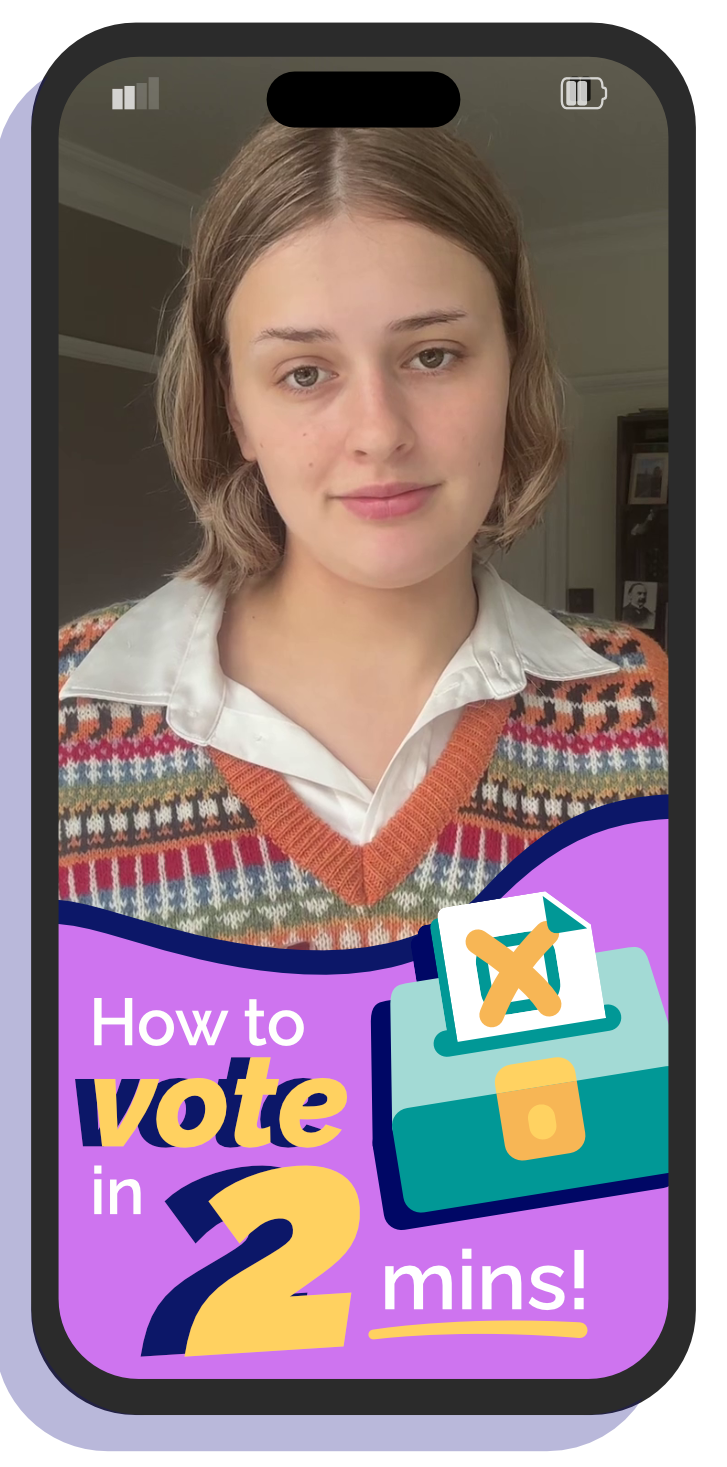Resource Pack: UK Parliament Week 2025
It’s UK Parliament Week, and there’s no better time to get students talking about democracy in action! This resource pack is packed with short, thought-provoking videos and ready-to-go discussion ideas to help young people explore how our democracy works and why every voice counts.
From understanding the British Values that shape our society to discovering what really happens when you go to vote, each video breaks down big ideas into bite-sized, engaging content that sparks curiosity and conversation.
Preview
Watch a preview of ‘What is Parliament and Its Functions?’ – a short video helping KS4-5 students understand what Parliament does, why it matters, and how it shapes the UK.
This video shows students what Parliament actually does, how laws are made, and who’s involved - from MPs to Lords to the Monarch. Perfect for a quick, clear, and fun intro to UK politics!
Got Peerscroller? Scroll down for more resources.
Key Stage 2
Discover what democracy really means! Learners explore how everyone having a say keeps things fair - from class votes to choosing leaders. This video links everyday examples to the British Value of Democracy, helping learners see how their voices matter.
A fun and lively explainer that brings democracy to life! Learners compare fair voting to dictatorship, see how decisions get made, and understand why having a say is so important.
Freedom feels great! This video helps learners understand the British Value of Individual Liberty, showing how we can make our own choices, share our opinions, and respect others’ rights to do the same.
Key Stages 3 to 5
Teens explore how democracy shapes life in the UK; from elections and MPs to public debates and change-making. This video connects real-world politics to the British Value of Democracy, encouraging learners to think critically about their voice and vote.
Voting made simple! This video guides students through registering to vote, checking their constituency, and researching candidates. Short, practical, and empowering for first-time voters.
Key Stages 4 & 5
This video helps pupils understand why voting matters and how one vote can make a difference. It highlights the impact of elections on local communities, national issues, and the influence of young voters. It encourages learners to reflect on the value of their participation and the changes they can help bring about, making it ideal for Citizenship or PSHE discussions.
This video helps pupils understand the ways citizens can hold politicians accountable. It covers critical thinking about campaign promises, contacting MPs, attending protests, and the importance of voting. It encourages learners to reflect on their role in democracy and how their actions can influence government decisions.
Key Stage 5
This video helps pupils understand what it means to spoil a ballot and why some voters choose to do so. It explains how spoiled or blank ballots can send a message of dissatisfaction and be measured in election results. Ideal for Citizenship or PSHE lessons exploring political engagement and different ways of participating in democracy.
This video helps pupils explore ways to engage people who aren’t politically active. It explains why shaming or arguing with someone about politics can be counterproductive and shows how to introduce political knowledge in a positive, empowering way.













